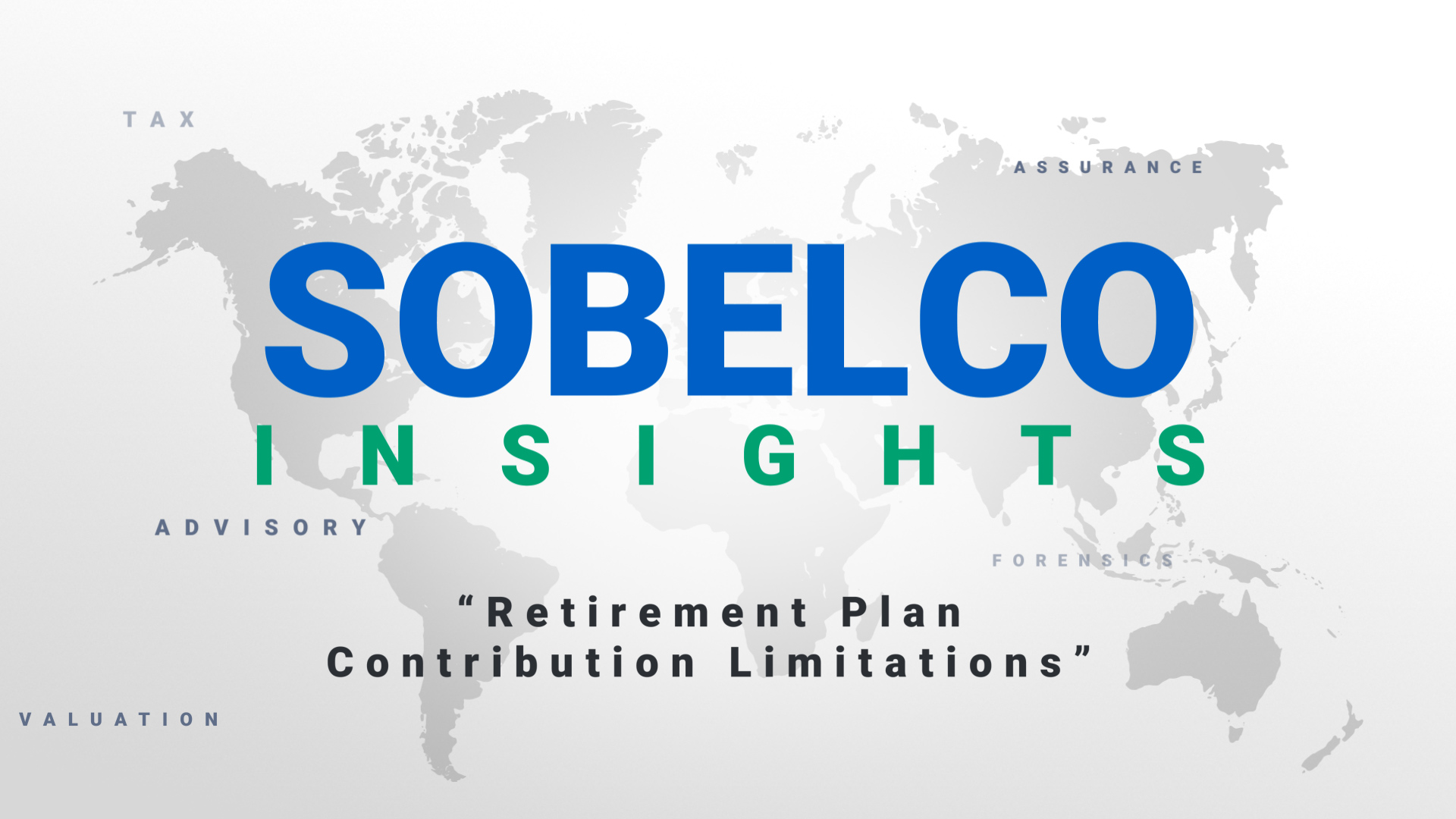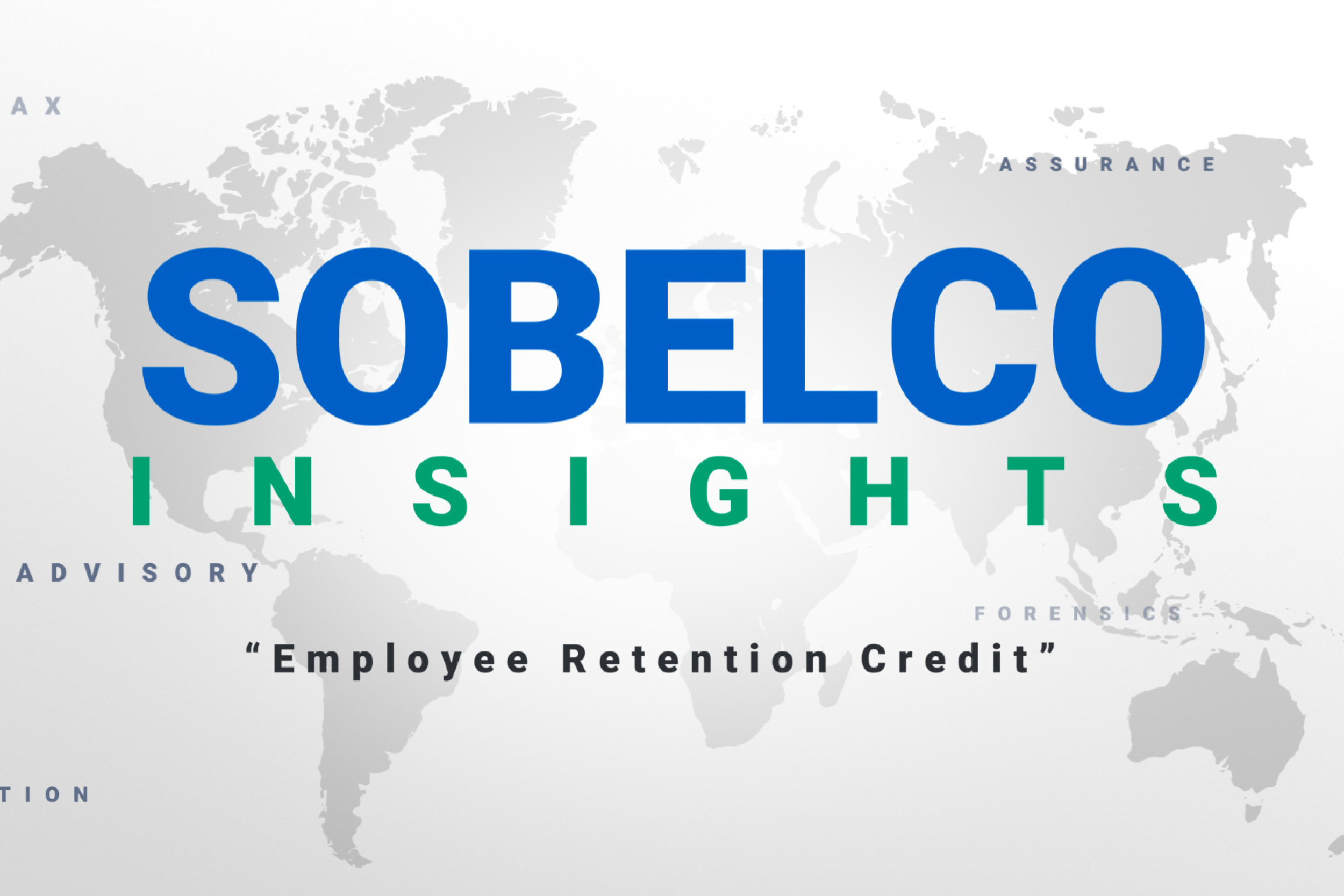
On September 30, 2020, the Internal Revenue Service (IRS) issued final guidance on the changes made to the deductibility of meals and entertainment expenses as a result of the Tax Cuts and Jobs Act (TCJA), which was passed in late 2017.
Changes Made
In tax years prior to 2018, 50% of all meals and entertainment expenses were generally deductible so long as they were considered to be an ordinary and necessary business expense and were not lavish or extravagant in nature. But for the tax years beginning in 2018, the TCJA separately modified the deductibility for “entertainment expenses” and “food and beverage expenses.”
At the same time, the TCJA eliminated the deductibility of entertainment expenses regardless of whether or not the expenses were incurred within the active conduct of a business. “Entertainment expenses” are objectively defined as anything “generally considered” to constitute entertainment, amusement, or recreation. Common entertainment expense examples include taking a client to a sporting event, to a country club, or to a theatre production. The final regulation does clarify that food and beverage expenses provided at an entertainment activity must be treated as a part of the nondeductible entertainment expense unless those costs are explicitly and separately stated.
Further Explanation
The TCJA largely maintained the qualifying conditions required to satisfy the 50% deductibility for food and beverage expenses but did provide some clarifications. The final regulations explicitly state that the 50% deduction for food and beverage expenses is available for meals provided to employees, including travel meals; however, in the case of travel meals, the limited deduction is only available to the employee or taxpayer and not any spouses or dependents that may be travelling with them.
The final regulations also address several of the exceptions under which 100% of the food and beverage expenses would be deductible:
- If the cost of the meal is included in the taxable compensation of the taxpayer or employee
- If the taxpayer has an obligatory reimbursement arrangement with a customer or independent contractor
- Costs incurred relating to a social or recreational event, such as a holiday party or company picnic
- Costs incurred where 50% or more of the food and beverage will be consumed by the general public, such as a real estate agent providing food or beverages during an open house
If you have any questions regarding the final guidance from the IRS on the deductibility of meals and entertainment expenses for your organization, please do not hesitate to contact us at SobelCo. We are here to assist you.


